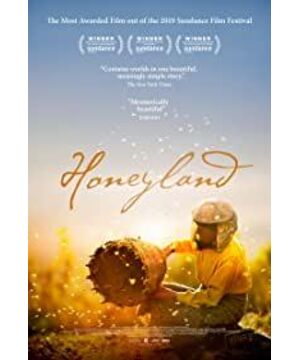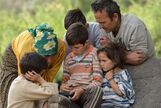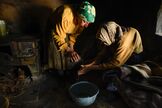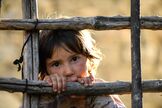1. The status quo of the heroine
We keep in touch with her to this day. We bought a small house for her in the nearby village. She has one or two brothers in the village, and being with her family is also her wish.
2. Story background
At the beginning of the twentieth century, many Turkish ethnic groups moved to live in Macedonia during the Ottoman Empire.
After World War II, Macedonia was part of Yugoslavia. In the 1950s, Yugoslavia and Turkey agreed to exchange their natives residing in the other country. So many villages in Macedonia were emptied at once. The heroine of the story is a Turkish descent who has not returned to Turkey, and she is the only one left in her village.
The new neighbor who moved in the story is a nomad family. Their origin is unknown.
3. Does the story have a script, and how was it created?
The original plan was to make a short film about the environment of the area-the changes in the village due to the diversion of the river. A few years ago, we first met the heroine’s brother, who also kept bees, and then we met the heroine.
One of the first shots we took was the hostess opening the hive and saying,'I take half and leave half for the bees'. This inspired us to use it as a theme. (This is also an environmental protection concept advocated by the United Nations)
For the first six months we only photographed the heroine and her mother. We wait for the story to turn around. When the nomadic neighbor moved in, we realized that this was an obvious conflict. From here, we have a storyline, and this conflict is also the second theme. We photographed their two families for more than 100 days.
In the film we also want to strike a balance: half about nature, half about society.
From the beginning of the idea to the completion of the film, it took three years before and after the filming, and there were two thousand hours of video.
Four, creative staff
Two directors, two photographers, one editor, and one sound engineer. Usually only four are stationed in that village, because there is no water, electricity and food, everyone needs to work shifts.
The honey is so delicious.
View more about Honeyland reviews






